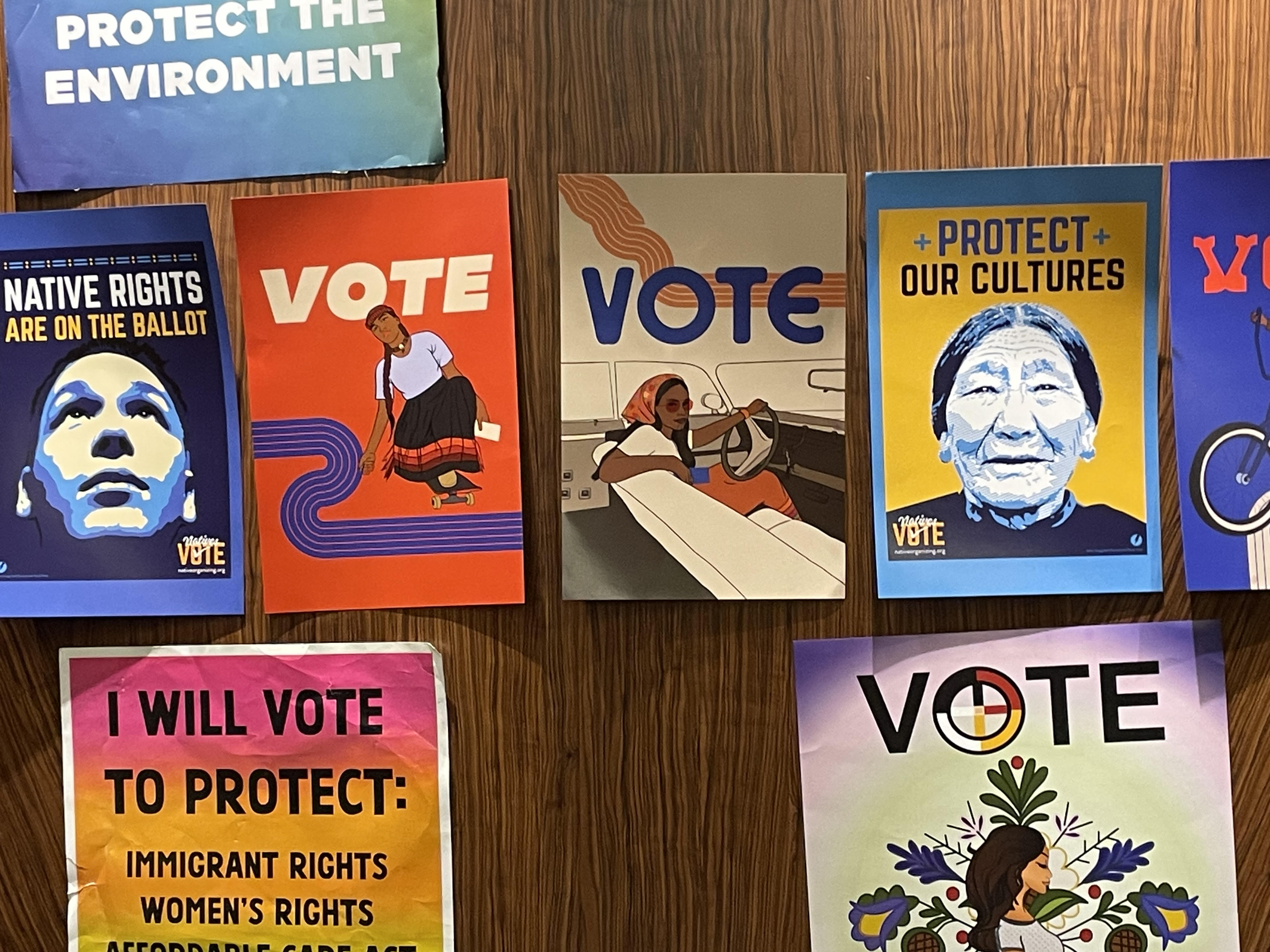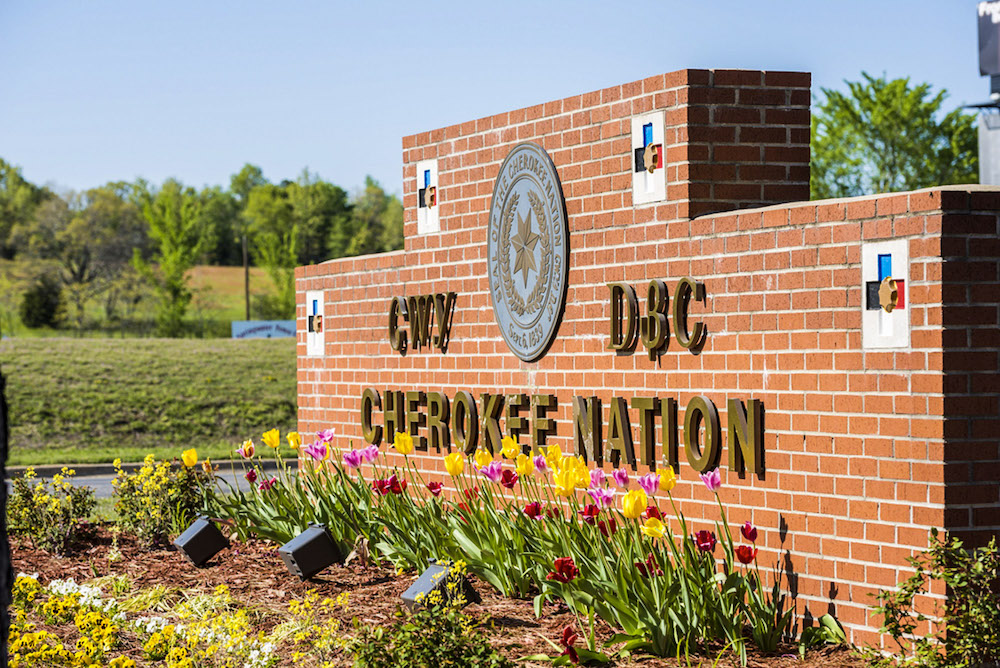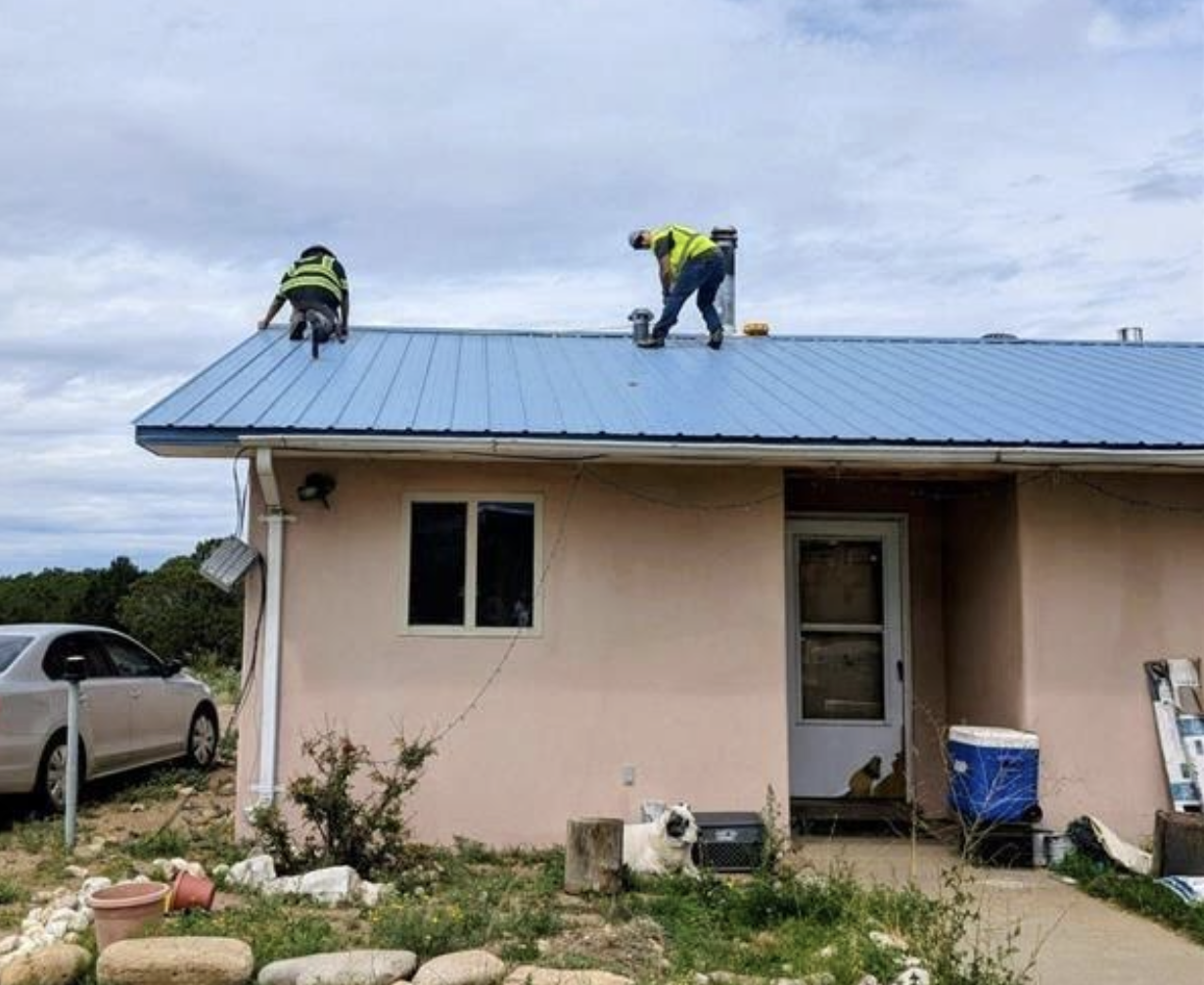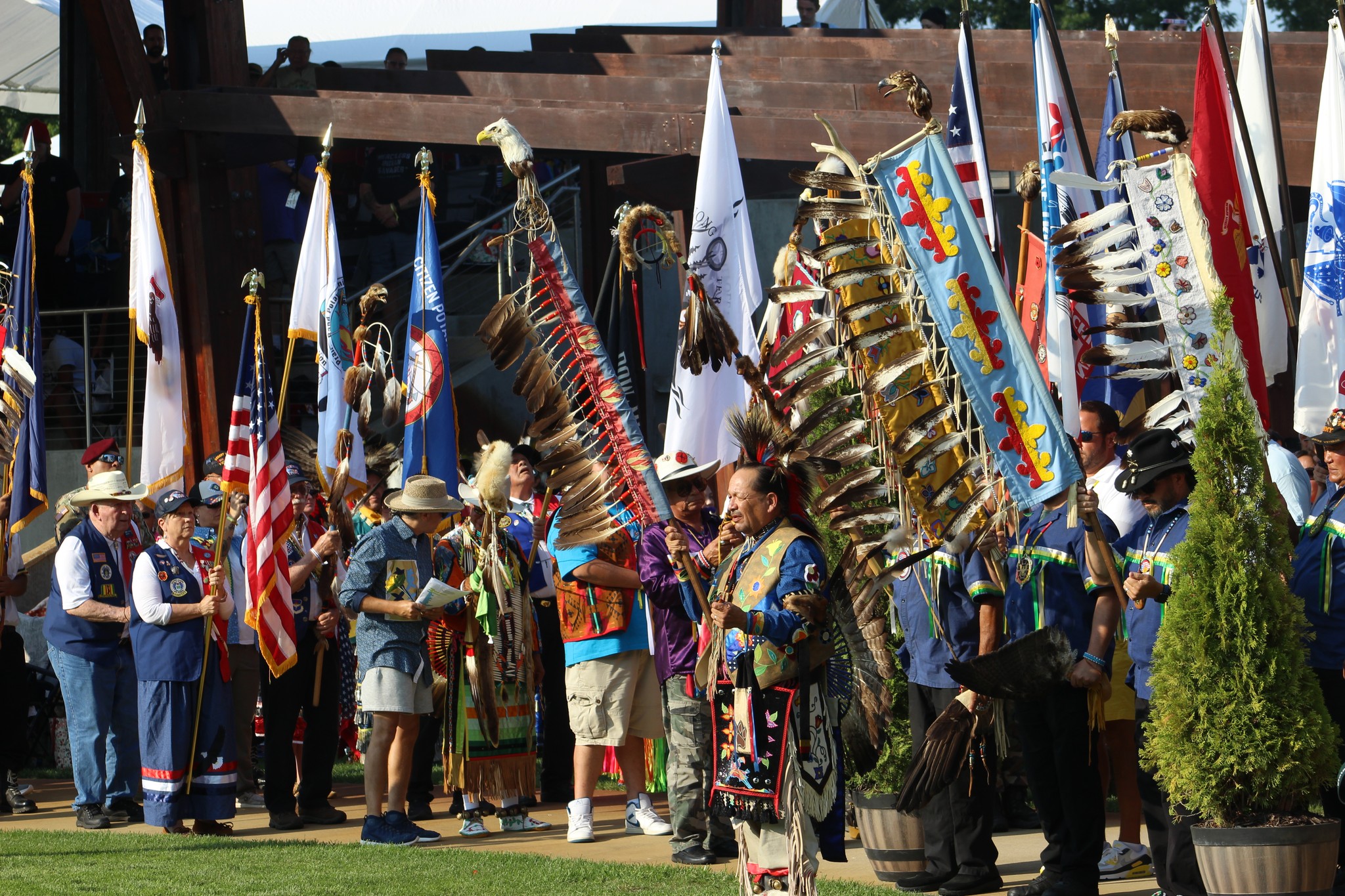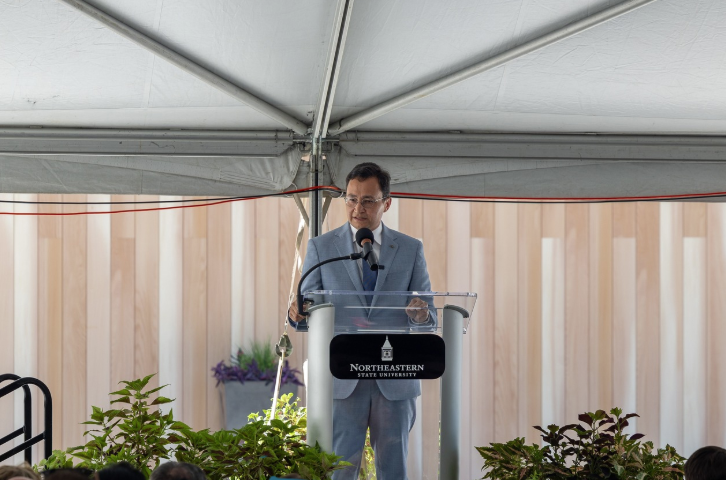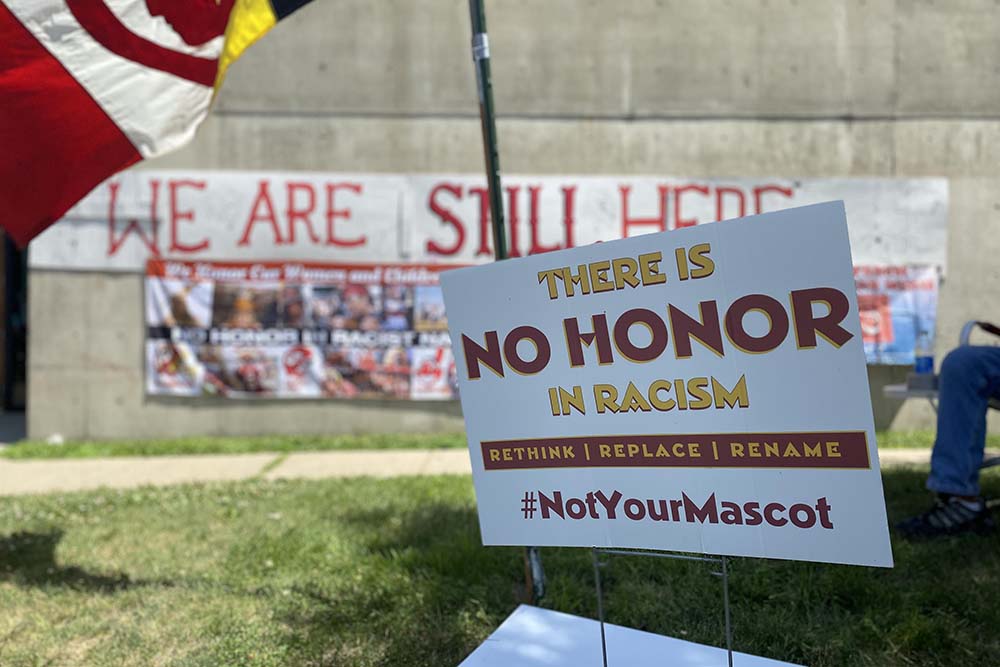Opinion
- Type: Default
- Ad Visibility: Show Article Ads
- Reader Survey Question: No Question
- Video Poster: https://nativenewsonline.net/images/10_Years_Logo.png
Guest Opinion. Across the Cherokee Nation Reservation, students and their families are gearing up for a new school year. This time of the year always ushers in a new promise of possibilities and opportunities for the next generation. And here at the Cherokee Nation, we remain proud of our Cherokee students and grateful for the support they receive from their families, public school districts and communities.
- Details
- By Chuck Hoskin Jr
- Type: Default
- Ad Visibility: Show Article Ads
- Reader Survey Question: No Question
- Video Poster: https://nativenewsonline.net/images/10_Years_Logo.png
Opinion. Last Wednesday, we observed the 60th anniversary of when President Lyndon B. Johnson signed the Voting Rights Act of 1965 into law on Aug. 6, 1965.
- Details
- By Levi Rickert
- Type: Default
- Ad Visibility: Show Article Ads
- Reader Survey Question: No Question
- Video Poster: https://nativenewsonline.net/images/10_Years_Logo.png
Guest Opinion. Time is not detected by the five senses, yet it is something we sense. Some can wake up at exactly the same time each day, to the minute. One of our five senses does not detect time, yet we must have one. Time does dictates how we spend our days and our lives.
- Details
- By Professor Victoria Sutton
- Type: Default
- Ad Visibility: Show Article Ads
- Reader Survey Question: No Question
- Video Poster: https://nativenewsonline.net/images/10_Years_Logo.png
Guest Opinion. On August 14, 2019, I took an oath to protect and defend the Constitution of the Cherokee Nation. My oath requires me to defend against the United Keetoowah Band of Cherokee Indians’ attacks on our sovereignty and treaty rights with the United States. In seeking an amendment to a federal statute, I am defending our Nation just as Chief Wilma Mankiller once did.
- Details
- By Chuck Hoskin Jr
- Type: Default
- Ad Visibility: Show Article Ads
- Reader Survey Question: No Question
- Video Poster: https://nativenewsonline.net/images/10_Years_Logo.png
In a world where energy demand and grid expansion continues to rise, which communities will remain powered? The impact of removing these critical funds for Tribal Nations remains deep.
- Details
- By Timothy Nuvangyaoma, Catherine Zingg, Talia Martin, Daniel Wiggins, and Dr. Crystal Miller
- Type: Default
- Ad Visibility: Show Article Ads
- Reader Survey Question: No Question
- Video Poster: https://nativenewsonline.net/images/10_Years_Logo.png
Opinion. I spent time with 5,000 of my relatives last week at the Gun Lake reservation in Western Michigan. We celebrated being Potawatomi (Bodéwadmi) and witnessed tribal leaders make history.
- Details
- By Levi Rickert
- Type: Default
- Ad Visibility: Show Article Ads
- Reader Survey Question: No Question
- Video Poster: https://nativenewsonline.net/images/10_Years_Logo.png
Guest Opinion. Altruism is helping without a benefit and sometimes at a risk to one’s self. Animals helping others of their own species makes sense to perpetuate the species or help continue their own genetic line. However, when animals help humans (the apex predator) it seems a bit more unexpected.
- Details
- By Professor Victoria Sutton
- Type: Default
- Ad Visibility: Show Article Ads
- Reader Survey Question: No Question
- Video Poster: https://nativenewsonline.net/images/10_Years_Logo.png
Guest Opinion. For generations, the Cherokee Nation has prioritized education and worked to build partnerships that uplift our people and create a better future for Cherokee families and the communities we call home. One of the most enduring and important of those partnerships is with Northeastern State University. Together, our two entities, both based in Tahlequah in northeast Oklahoma, are writing a new chapter of shared progress.
- Details
- By Chuck Hoskin Jr
- Type: Default
- Ad Visibility: Show Article Ads
- Reader Survey Question: No Question
- Video Poster: https://nativenewsonline.net/images/10_Years_Logo.png
Opinion. President Donald Trump has long demonstrated a talent for distraction — often redirecting public attention whenever an issue arises that he would rather avoid.
- Details
- By Levi Rickert
- Type: Default
- Ad Visibility: Show Article Ads
- Reader Survey Question: No Question
- Video Poster: https://nativenewsonline.net/images/10_Years_Logo.png
Guest Opinion. A foundational Cherokee value, known as “detsadageyusesdi,” is to be stingy with one another’s existence, like a mother is with her child. It is no coincidence that when Cherokees think about love and caring for one another, we connect immediately to the bond with our children. They are our most precious responsibility, and they carry within them the future of our Nation.
- Details
- By Chuck Hoskin Jr


